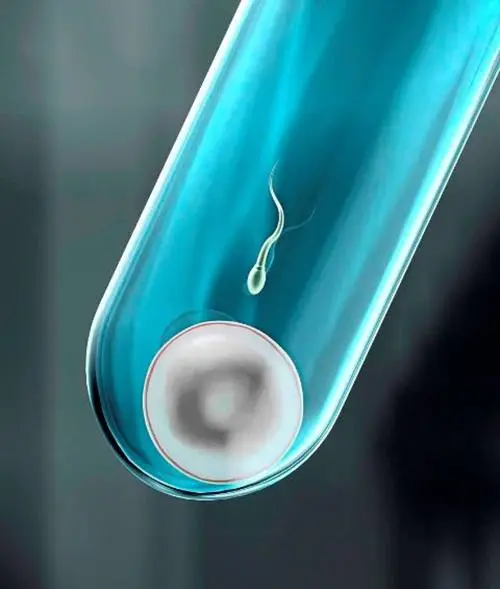IN VITRO FERTILIZATION
IVF
In vitro fertilization (IVF) is an advanced, step-by-step process to help individuals and couples conceive a child.
IVF
The process includes:
- Ovarian Stimulation
- Follicle Monitoring
- Egg Retrieval
- Sperm Collection and Analysis
- Fertilization
- Embryo Growth and Testing
- Mature Embryo Transfer
- Follow-Up Testing
Each step involves careful monitoring by our highly-trained fertility specialists for personalized care that increases the chances of a successful pregnancy.

OUR DIFFERENCE
WHY IFC
WORLD-RENOWNED EXPERTS
ONSITE LABORATORY SERVICES
Incinta's unique, open-concept laboratory utilizes smart glass technology so patients can watch their future unfold right in front of them.
UNEQUALED TECHNOLGY
Our incredible experts utilize best-in-class technology and equipment to achieve the best possible outcomes.
FREQUENTLY ASKED QUESTIONS
FAQ
What is In Vitro Fertilization (IVF)?
In Vitro Fertilization (IVF) is a type of assisted reproductive technology used for infertility treatment and gestational surrogacy. ”In Vitro” is a latin term for “in glass”. For those women have blocked or absent fallopian tubes, or the men have low sperm count or motility, IVF offers a chance to have a “biologically related” child.
In IVF, eggs are surgically removed from the ovary and mixed with sperm outside the body in a Petri dish. These eggs will be examined 40 hours afterward, to see if they have become fertilized by the sperm and are dividing into cells. The eggs have been fertilized (embryos) will be then placed in the women’s uterus, thus bypassing the fallopian tubes.
IVF was first introduced in 1978 and has captured a lot of attention since then. However, according to the American Society for Reproductive Medicine, it accounts for less than five percent of all infertility treatment in the United States.
What is the difference between a day 3 and day 5 transfer?
Embryos are generally transferred on day 3 or 5. The day of transfer depends on embryo number, quality, patient characteristics, and laboratory practices. Please discuss the details with our doctor to make the decision.
What if my eggs don’t fertilize?
How long is an IVF Cycle?
On the day of the egg collection, the egg is exposed to sperm (IVF) or a single sperm is injected into the egg (ICSI). The embryo transfer will be performed 3-5 days later. And pregnancy test will be performed two weeks after the egg collection. Some clinics utilize oral contraceptives to control the period to ensure the patients going through treatment right on schedule.
How can I find out if my insurance covers fertility treatments?
To find out if your insurance covers fertility treatments, review your policy documents or contact your insurance provider directly. Ask specifically about coverage for diagnostic services, ovulation induction, IUI, and IVF. Inquire about any restrictions or limitations, such as age limits, cycle caps, and prior authorization requirements. Understanding your coverage can help you plan for potential out-of-pocket costs and navigate the fertility treatment process more effectively.
OUR VISION
You’re more than your fertility.We’re more than a fertility clinic.
INCINTA FERTILITY CENTER